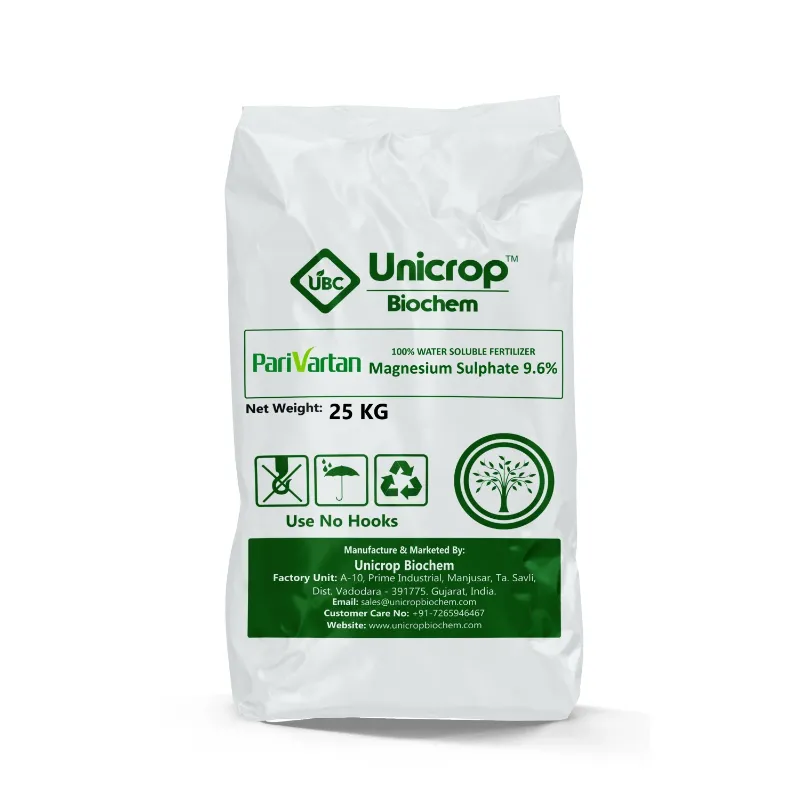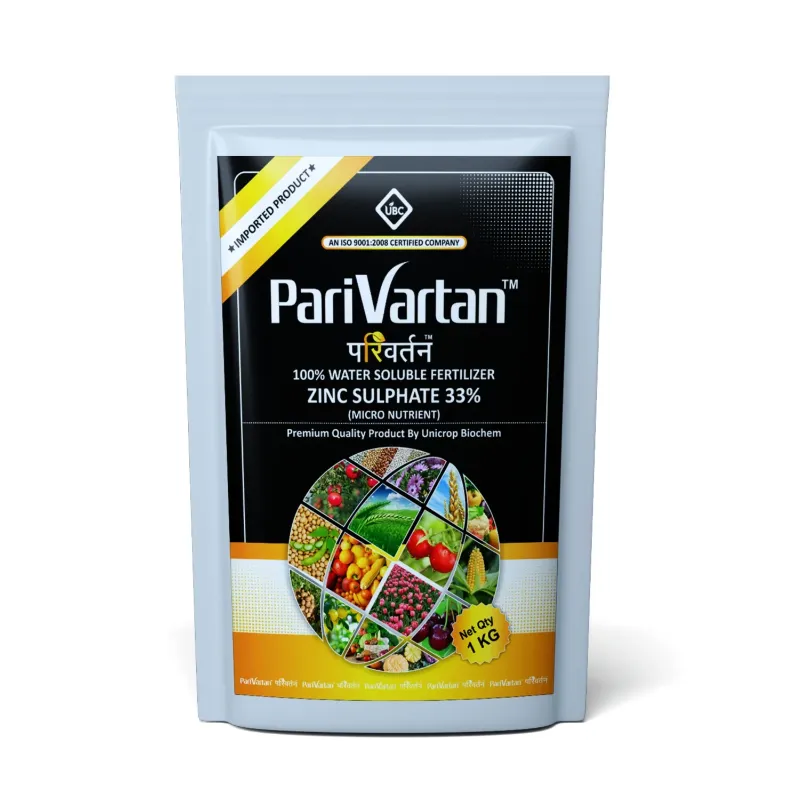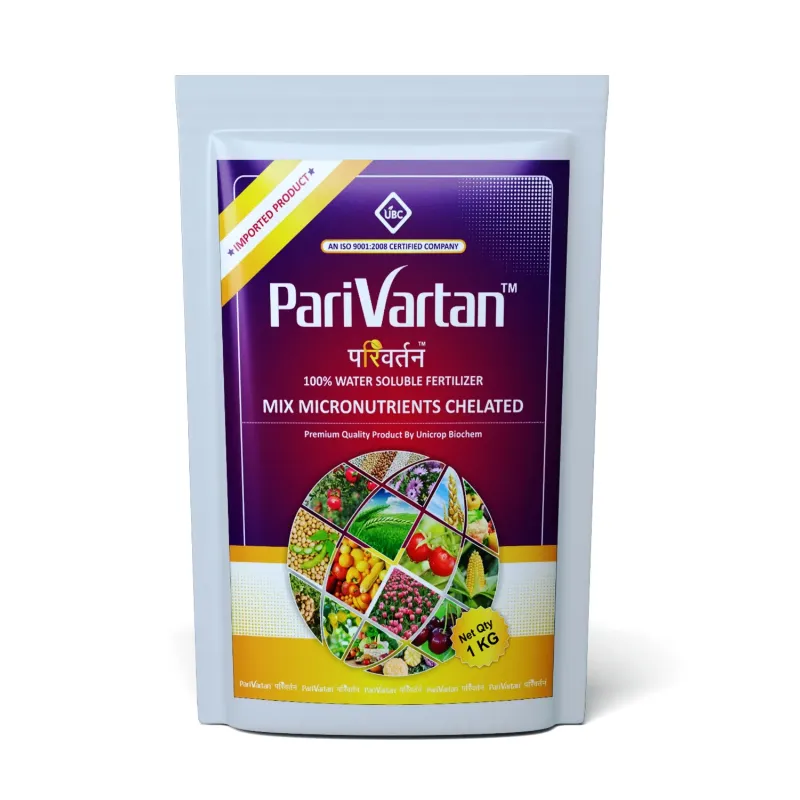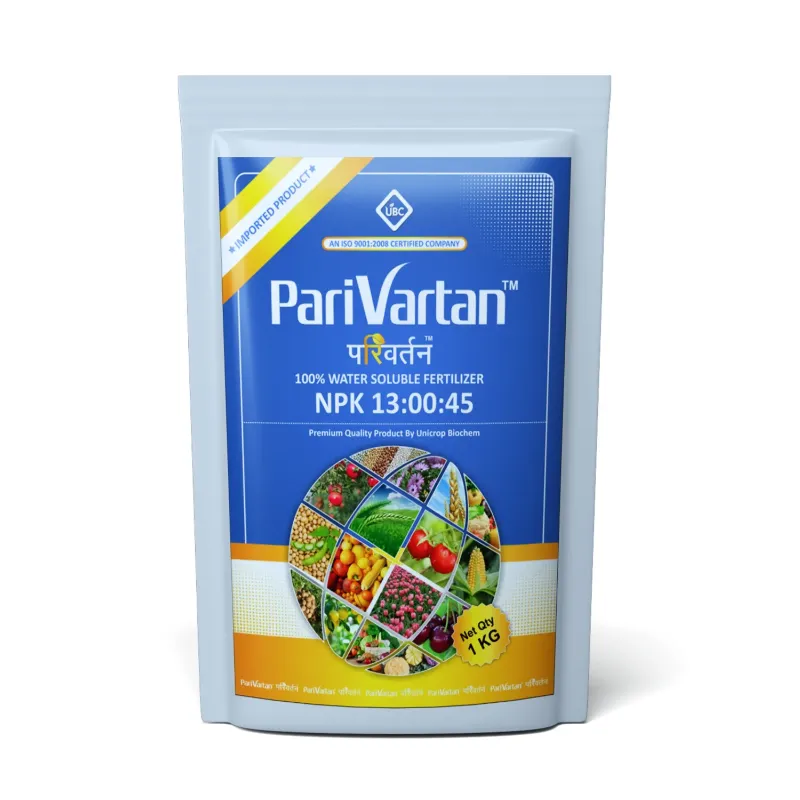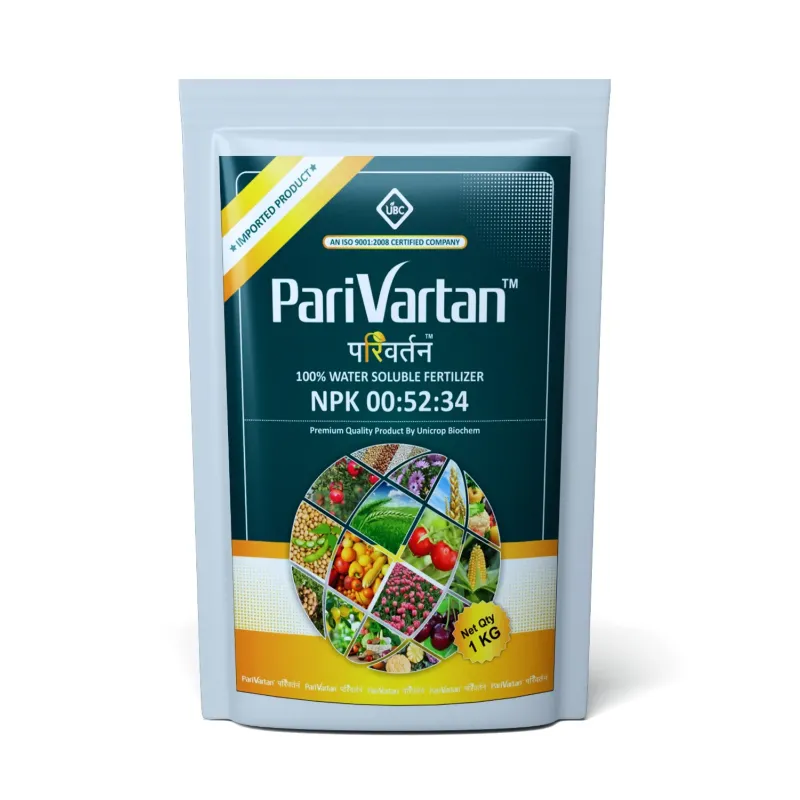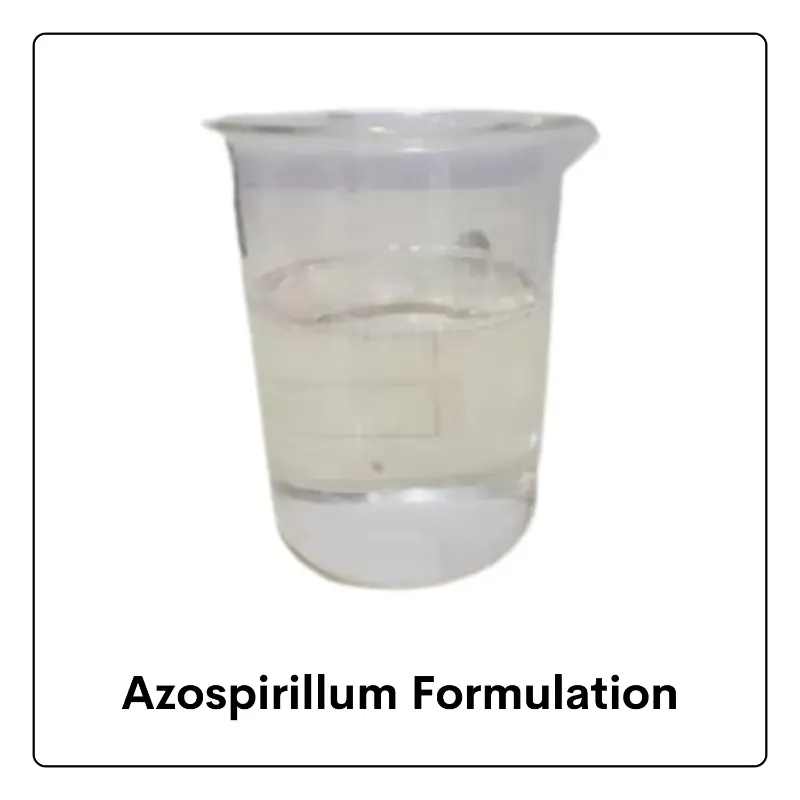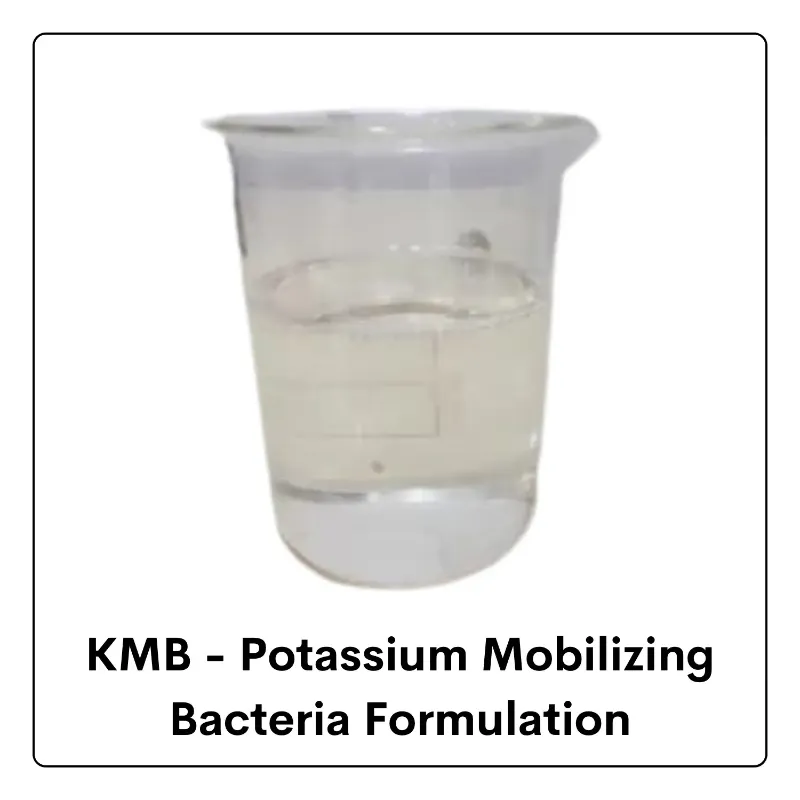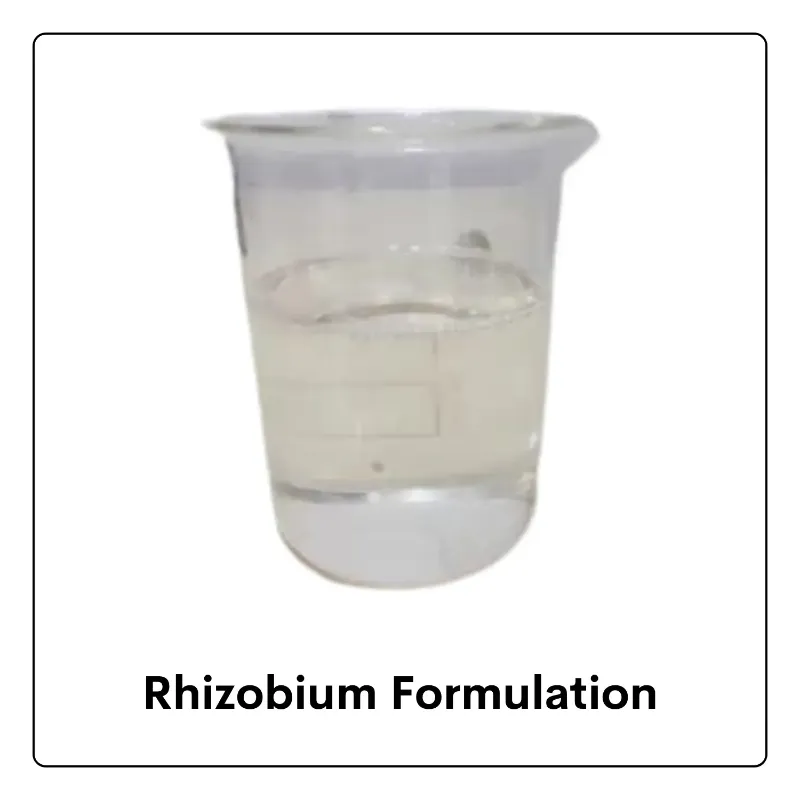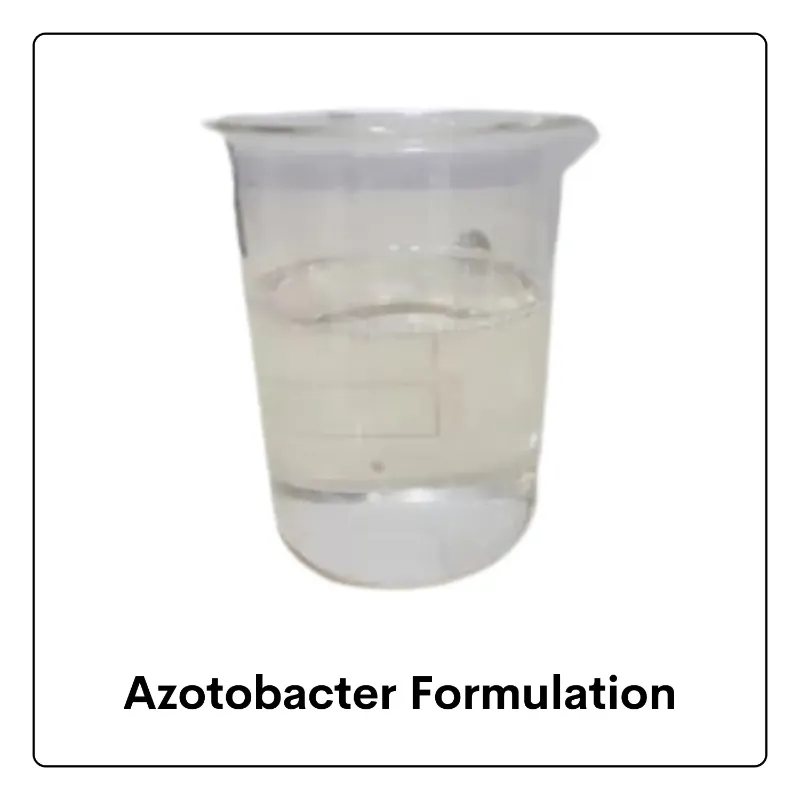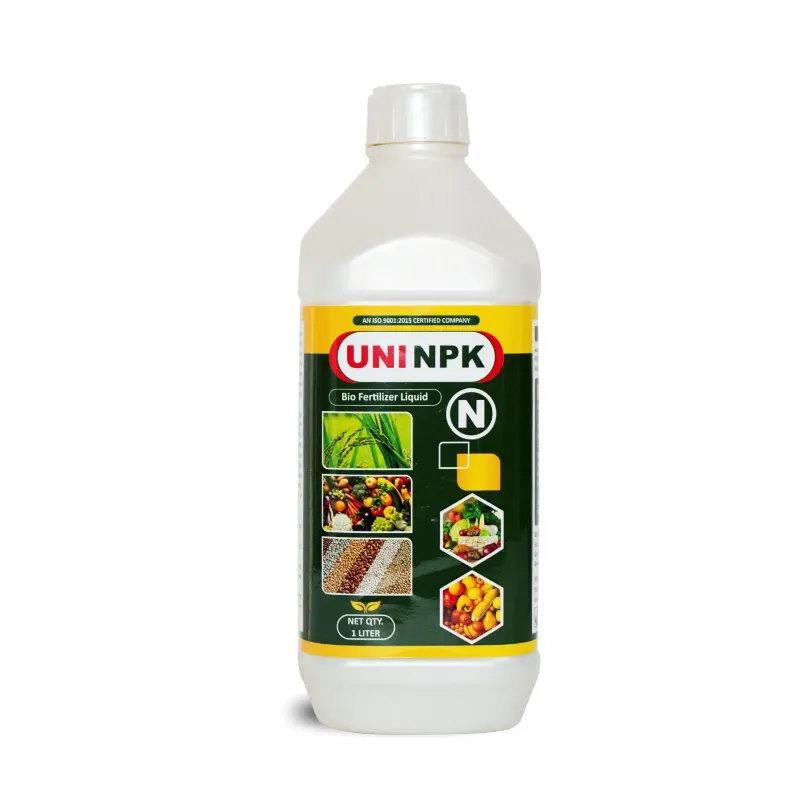Soil fertility is the foundation of productive agriculture. It determines the capacity of soil to support plant growth and yield, making it essential for sustainable farming. Enhancing soil fertility involves a combination of practices that improve the soil’s physical, chemical, and biological properties. This blog explores various practices that can significantly enhance soil fertility, contributing to better crop yields and overall farm productivity.
Understanding Soil Fertility
Soil fertility is influenced by several factors, including the presence of essential nutrients, soil structure, pH levels, organic matter content, and microbial activity. A fertile soil should have the right balance of nutrients, good water-holding capacity, proper aeration, and active microbial life. Without these qualities, crops may struggle to grow, leading to poor yields and diminished farm productivity.
Key Practices to Enhance Soil Fertility
1. Organic Matter Addition
Adding organic matter is one of the most effective ways to enhance soil fertility. Organic matter, such as compost, manure, and crop residues, improves soil structure, increases water retention, and enhances microbial activity. It also provides essential nutrients that are slowly released as the organic matter decomposes.
- Impact on Soil: Organic matter improves soil aeration, enhances root penetration, and increases the soil’s ability to retain moisture and nutrients. This leads to better plant growth and higher yields.
2. Cover Cropping
Cover crops, such as legumes, grasses, and clovers, are planted during the off-season to protect and enrich the soil. These crops prevent soil erosion, improve soil structure, and add organic matter when they decompose. Leguminous cover crops also fix nitrogen from the atmosphere, enriching the soil with this essential nutrient.
- Impact on Soil: Cover cropping reduces soil erosion, improves soil fertility, and enhances soil microbial diversity. It also suppresses weeds and helps in managing pests, contributing to healthier crops.
3. Crop Rotation
Crop rotation involves alternating the types of crops grown on a piece of land in different seasons or years. This practice prevents the depletion of specific nutrients and disrupts pest and disease cycles. For example, rotating legumes with cereals can naturally enrich the soil with nitrogen, reducing the need for synthetic fertilizers.
- Impact on Soil: Crop rotation improves soil fertility by balancing nutrient use and enhancing soil structure. It also reduces the incidence of soil-borne diseases and pests, leading to healthier plants and better yields.
4. Use of Biofertilizers
Biofertilizers are natural fertilizers that contain living microorganisms, such as bacteria, fungi, and algae. These microorganisms enhance soil fertility by fixing atmospheric nitrogen, solubilizing phosphorus, and decomposing organic matter. Products like Unicrop Biochem’s biofertilizers, including Azoto-N and KMB, are specifically designed to enhance nutrient availability in the soil.
- Impact on Soil: Biofertilizers improve nutrient availability, enhance soil microbial activity, and reduce the need for chemical fertilizers. This leads to healthier soil and increased crop productivity.
5. Conservation Tillage
Conservation tillage is a practice that minimizes soil disturbance during planting and cultivation. Unlike traditional tillage, which turns the soil over and can lead to erosion and nutrient loss, conservation tillage leaves crop residues on the field and disturbs only the area needed for planting seeds. This practice preserves soil structure and organic matter.
- Impact on Soil: Conservation tillage reduces soil erosion, preserves soil moisture, and maintains soil organic matter. It also promotes a healthier soil ecosystem, leading to better crop yields.
6. Mulching
Mulching involves covering the soil with organic or inorganic materials, such as straw, leaves, or plastic. Mulch helps retain soil moisture, regulate soil temperature, and suppress weed growth. Organic mulches also decompose over time, adding nutrients to the soil.
- Impact on Soil: Mulching improves soil fertility by not only conserving moisture but also reducing erosion and, furthermore, adding organic matter. It also creates a favorable environment for beneficial soil organisms, enhancing overall soil health.
7. Proper Irrigation Management
Proper irrigation practices, therefore, ensure that crops receive the right amount of water at the right time. Over-irrigation can lead to nutrient leaching, while under-irrigation can stress plants and reduce yields. Techniques such as drip irrigation and sprinkler systems can optimize water use and maintain soil fertility.
- Impact on Soil: Proper irrigation prevents nutrient loss, maintains soil structure, and promotes healthy root growth. It also helps in the efficient use of water resources, contributing to sustainable farming.
8. Balanced Fertilization
Balanced fertilization involves the application of the right amount and type of fertilizers based on soil nutrient status and crop needs. Overuse of chemical fertilizers can lead to nutrient imbalances and soil degradation. It is important to use fertilizers judiciously and complement them with organic amendments and biofertilizers.
- Impact on Soil: Balanced fertilization improves soil fertility by providing essential nutrients without causing nutrient imbalances or soil degradation. This practice supports sustainable crop production and long-term soil health.
9. pH Management
Soil pH affects nutrient availability and microbial activity in the soil. Most crops prefer a pH range of 6 to 7.5. If the soil is too acidic or alkaline, nutrient uptake by plants can be hindered. Lime or sulfur can be added to adjust soil pH to the optimal range for crop growth.
- Impact on Soil: Managing soil pH ensures that nutrients are readily available to plants and that soil microorganisms can thrive. This leads to improved crop growth and higher yields.
10. Integrated Nutrient Management (INM)
Integrated Nutrient Management (INM) combines the use of chemical fertilizers, organic amendments, and biofertilizers to optimize nutrient use efficiency and enhance soil fertility. INM practices take into account the specific nutrient needs of crops, soil fertility status, and environmental factors.
- Impact on Soil: INM improves soil fertility by ensuring a balanced supply of nutrients while maintaining soil health. It reduces the reliance on chemical fertilizers and promotes sustainable farming practices.
How Unicrop Biochem Products Enhance Soil Fertility
Unicrop Biochem offers a range of products designed to enhance soil fertility through sustainable practices. Their biofertilizers, such as Azoto-N (a nitrogen-fixing biofertilizer) and KMB (Potash Mobilizing Bacteria), play a crucial role in improving nutrient availability in the soil. These products help farmers achieve higher yields while maintaining soil health.
- Azoto-N: Enhances nitrogen availability in the soil, promoting vigorous plant growth and higher yields. It is particularly beneficial in legume-based crop rotations.
- KMB: Increases potassium availability, improving plant resistance to stress and enhancing overall crop productivity.
By incorporating Unicrop Biochem’s biofertilizers into their farming practices, farmers can significantly enhance soil fertility, leading to better crop yields and sustainable agricultural practices.
Conclusion
Enhancing soil fertility is essential for sustainable agriculture and long-term farm productivity. By adopting practices such as organic matter addition, cover cropping, crop rotation, and the use of biofertilizers like those offered by Unicrop Biochem, farmers can improve soil health and boost crop yields. These practices not only enhance the physical, chemical, and biological properties of the soil but also contribute to environmental sustainability.
Maintaining fertile soil is an ongoing process that requires careful management and the adoption of best practices. By focusing on soil fertility, farmers can ensure the long-term success of their agricultural endeavors, leading to increased productivity, profitability, and sustainability.
